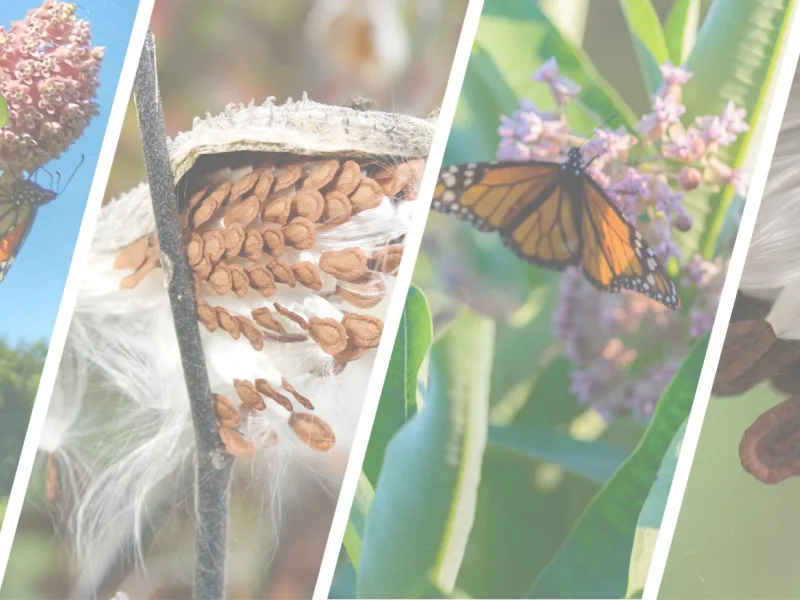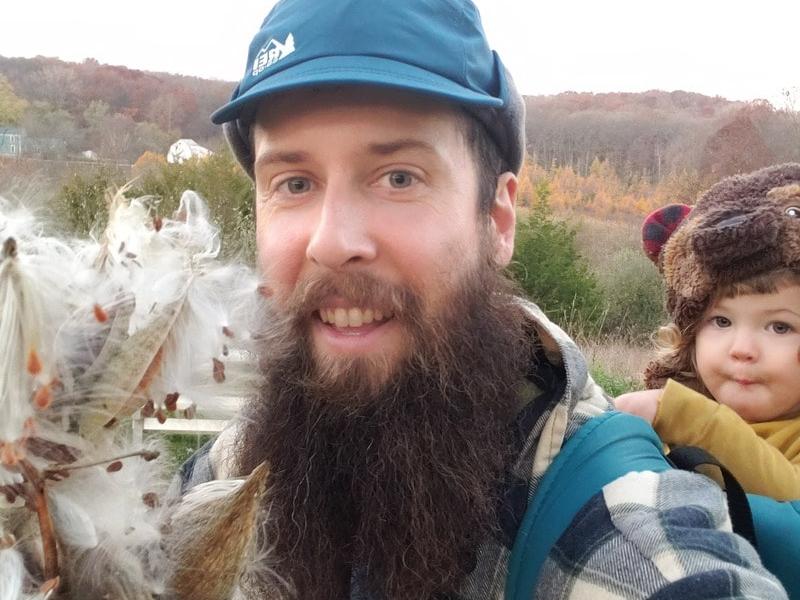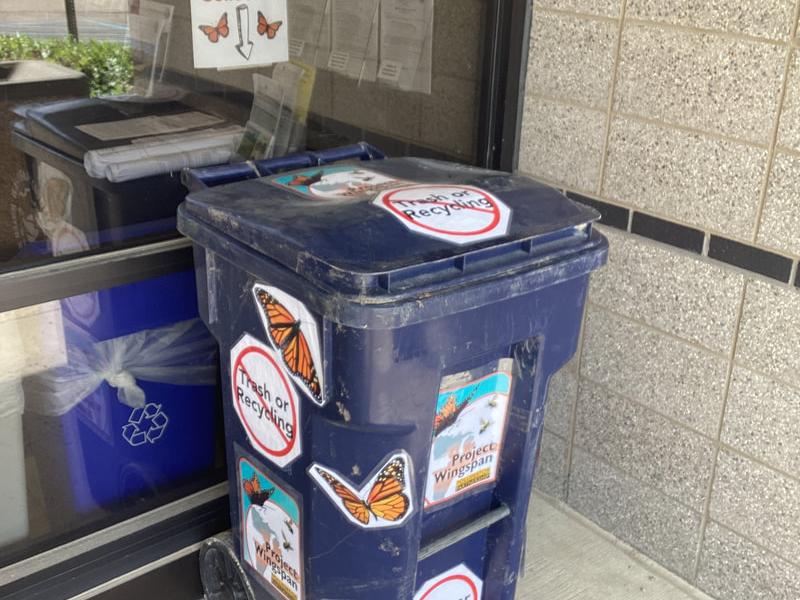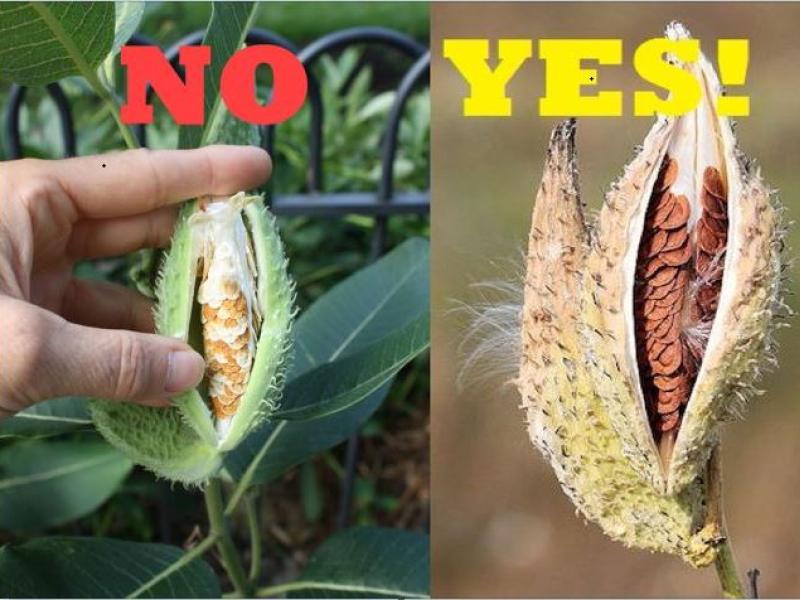Milkweed Seed Collection
2025 - Get involved with Seeds To Community!


Collect before they open up too much!

Milkweed Seed Collection bin outside of office

2025 Update: Not repeating the Milkweed Collection
While this project been a highly successful seed collection since 2022, we're shifting gears and recommending anyone interested in supporting native seed collection to get involved with Seeds to Community. They offer many workshops and opportunities through the year with the goal to give all participants confidence in their plant growing skills and to empower them to support their local ecosystems.
Join Seeds to Community's Facebook Group to know about local efforts and stay informed on upcoming opportunities to help!
Detailed Instructions for Collecting and Dropping Off Your Milkweed Seeds:
(The WCCD is no longer accepting seed in 2025!)
This is the 2024 collection information for Common Milkweed seeds collected in Washtenaw County (through November 18th).
- Assess Pod Maturity: Before you begin collecting common milkweed pods, it’s important to check their readiness. Look for pods that are a deep brown or gray color. You can test their maturity by applying gentle pressure; a fully mature pod will pop along the center seam. Avoid any pods that are still green, as this indicates the seeds inside have not fully developed and are not ready for harvest.
- Careful Collection Process: When you find mature pods, handle them gently to prevent damage. Keep the pods intact as much as possible. Place them in a paper bag or envelope for transport. It’s essential to avoid plastic bags, as they can trap moisture and cause the seeds to mold.
- Sustainable Harvesting Practices: To help protect the milkweed population, please collect only a portion of the pods from each plant. This practice supports the plant's growth and ensures that it can continue to thrive in the ecosystem, promoting biodiversity.
- Labeling Your Collection: Once you've gathered your seeds, take a moment to label your paper bag or envelope. Write down the zip code of the location where you collected the milkweed seeds. This information is critical for tracking the seed collection's origins and enhances our conservation efforts.
- Drop-Off Location: When you’re ready to drop off your seeds, please bring them to our office at the WCCD Office, located at 705 N. Zeeb Rd., Ann Arbor, MI, 48103. Upon arrival, look for the blue bin situated outside our front lobby door. This bin is specifically designated for collected milkweed seeds.
After your generous contribution, the seeds will be cleaned by the Seeds to Community program. They will then be donated to Washtenaw County Parks, where they will be used to restore and enrich natural preserves.
Thank you for your participation in the Milkweed Seed Collection initiative! Your efforts contribute significantly to the health of our local ecosystems, and we couldn't do this without wonderful community members like you!
Volunteer for Seed Cleaning
We’re excited to share that our milkweed seed collection is helping local seed collection and cleaning programs! If you're interested in volunteering and learning how to clean seeds, we’d love for you to join us. On the link below, you'll find how to find their upcoming opportunities—we can’t wait to see you there!
Like, Follow & Subscribe to Seeds2Community!
Help us nurture native plants in our community!
Why collect Milkweed?
Common milkweed is incredibly important for the survival of the Monarch butterfly, a species facing a heartbreaking decline towards extinction. It’s difficult to witness the loss of these beautiful creatures, especially when their summer breeding grounds are vanishing. Each day, we lose around 6,000 acres of potential Monarch and pollinator habitat to development—an alarming total of about 2.2 million acres each year.
As our landscapes become more fragmented, it’s painful to see the diminishing spaces available for Monarchs, other pollinators, and the wildlife that share these precious habitats. This troubling trend will likely continue unless we come together and take meaningful action to support these vital ecosystems.
Resources
See our Milkweed Giveaway for even more and opportunities to get free plants at the Native Plant Expo & Marketplace.